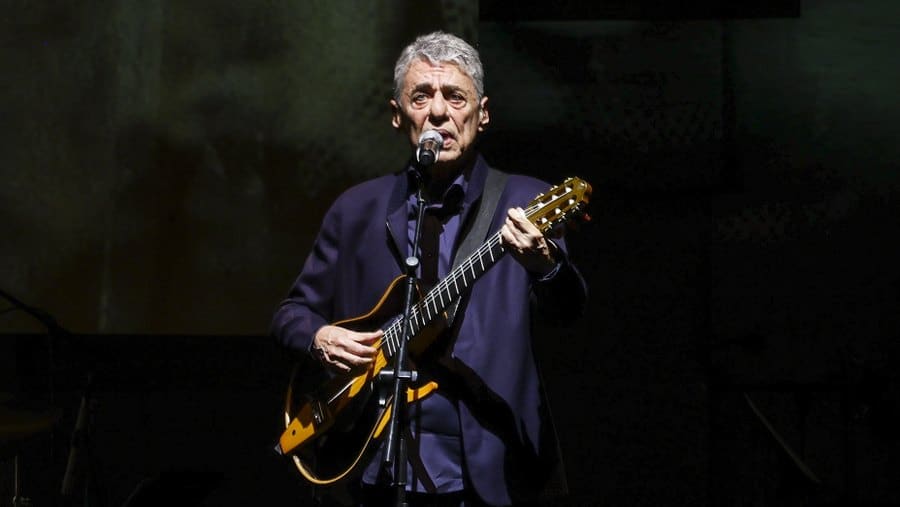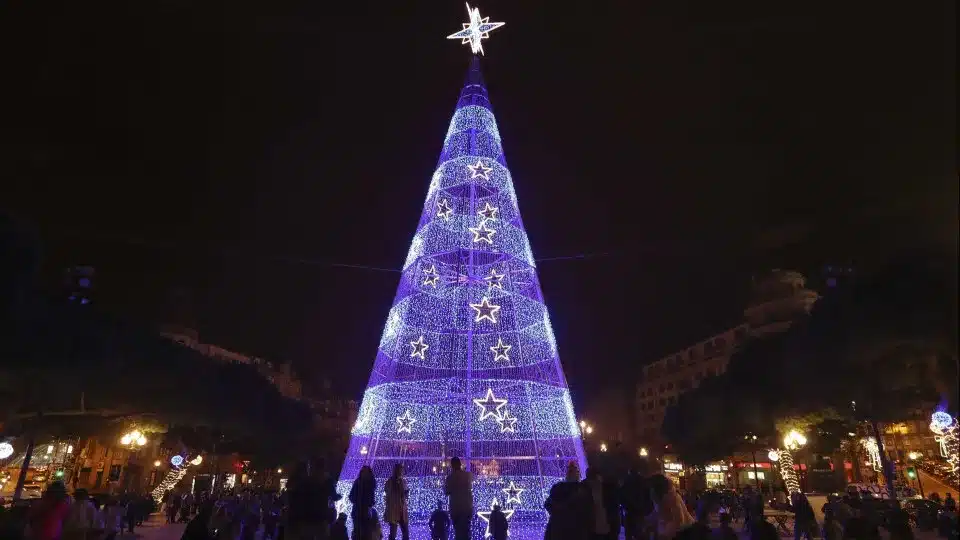Chico Buarque’s new novel, “Bambino a Roma”, which mixes fiction with memories of the time when the writer and singer emigrated to the Italian capital in the 1950s, hits Portuguese bookstores in September.
The publisher Companhia das Letras speaks of an irresistible book, in which the reader is transported “to a scenario that combines memories and imagination, and that reveals a boy discovering the Eternal City, the bonds of friendship, the dreams that evaporate, the first desires”.
“Bambino a Roma”, which will be published in Brazil in August and in Portugal on September 23, refers to the period between the end of his childhood and the beginning of his adolescence that Chico do Buarque lived in Italy.
The singer and writer’s father, the historian and sociologist Sérgio Buarque de Holanda, was invited to teach at a university in Rome in the 1950s and emigrated with his family.
Later, between 1968 and 1970, when he was already a recognized artist, Chico Buarque returned to live in Rome, where he went into exile during Brazil’s military dictatorship (1964-1985). The singer’s first daughter, Sílvia, was born in Rome with actress Marieta Severo.
Among his many albums is “Chico Buarque de Hollanda na Itália”, which came out in 1969 and includes Italian versions of Chico’s songs such as “A banda”, “Madalena foi pro mar” and “Olê, Olá”.
Francisco Buarque de Hollanda, who turned 80 in June, has a musical career spanning more than five decades, but he also stands out in the world of literature as a writer.
Chico Buarque made his literary debut in 1974 with the novel “Fazenda Modelo” and, 17 years later, published his first novel, “Estorvo”.
As well as novels, he is also the author of short stories, poetry, plays and children’s books, with titles such as “Roda Viva”, “Gota d’Água”, “Ópera do Malandro”, “Chapeuzinho Amarelo”, “Benjamim” and “O Irmão Alemão”.
Chico Buarque was in Portugal last year to receive the Camões Prize, with which he was distinguished in 2019, and for a series of concerts to present the show “Que tal um samba”, in Porto and Lisbon.
For the jury of the Camões Prize, the highest literary award in Portuguese, the choice of Chico Buarque was due to his “contribution to the cultural formation of different generations”, and the “multifaceted nature” of his work, from poetry to theater and novels, establishing him as a “fundamental reference in the culture of the contemporary world”.
Before the Camões Prize, he had already been awarded the Jabuti prize, the most important literary prize in Brazil, three times, for “Estorvo” (1991), “Leite Derramado” (2010), a work for which he also won the former Portugal Telecom Prize for Literature, and “Budapest” (2006).









